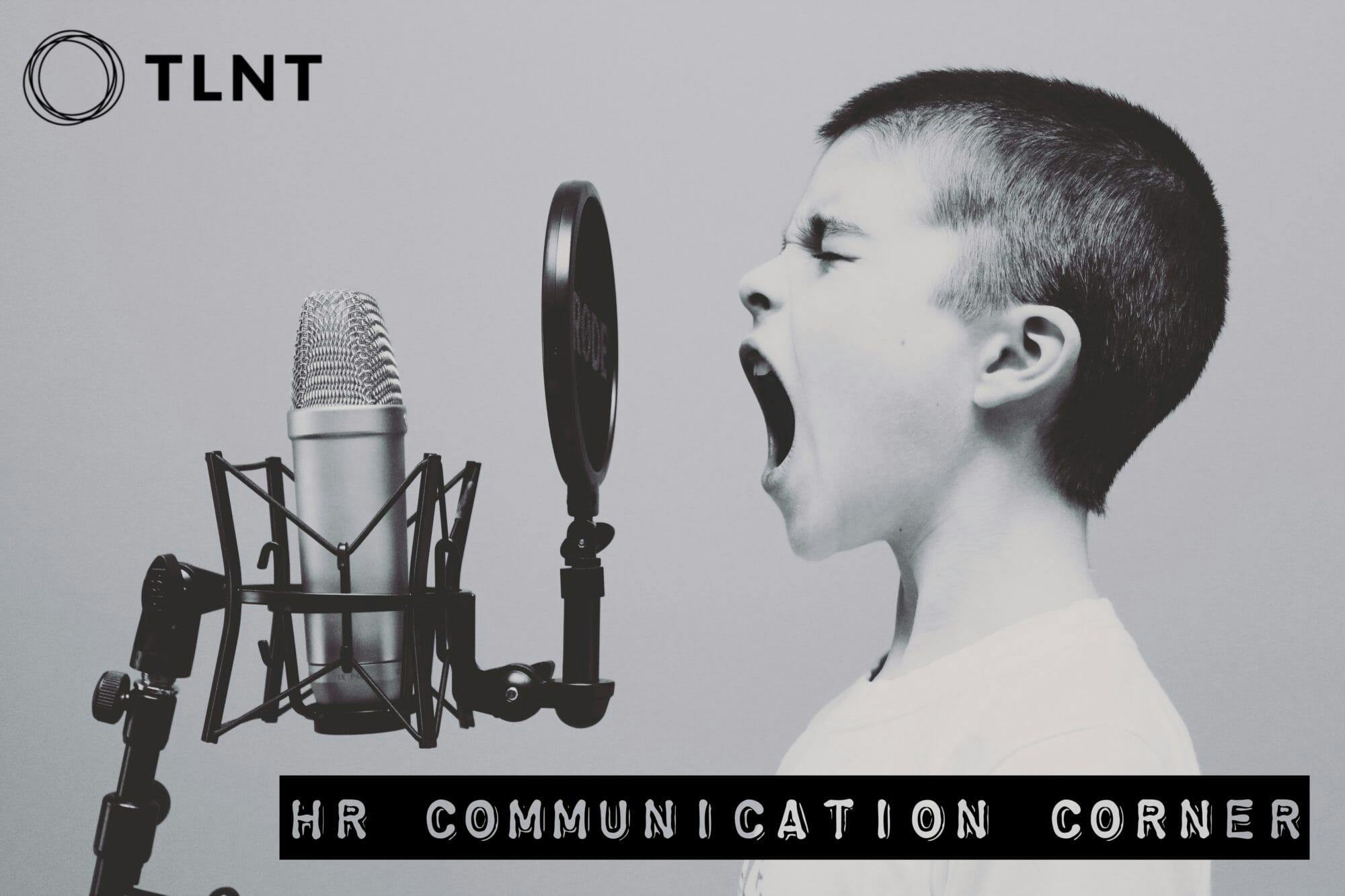HR often plays the parental role within an organization, particularly in sensitive or crisis situations like mergers, natural disasters, layoffs, or furloughs. So that means you’d do well to model that parenting behavior when it comes to communicating like a leader.
Otherwise, your employees will be playing “Gotcha” with the same glee that children experience when correcting a parent. “Dad, you’re speeding. The sign says the speed limit is 45 here.” “Mom, you left the lid off the casserole in the refrig. Barf. Everything smells like rotten onions!”
To avoid the “Gotcha” game in the office, double-check your emails, policy statements, procedures, proposals, and forms to correct misused words, redundancies, and other grammatical mistakes.
Misused Words and Phrases
Literally versus metaphorically: Jack literally felt like crawling into a hole? No, probably not, unless he was on some hunting expedition. “When he had tech problems during the presentation, he metaphorically felt like crawling into a hole.”
Bated breath versus baited breath: “Her dad watched with bated breath while his 6-year-old tried to bait his own fishing hook.”
Peaked my interest versus piqued my interest: “The song about how the sun peaked over the mountain piqued my interest in using that music at our conference.”
Mode versus mean versus median: The mode is the number that comes up most. The mean is the average of all numbers. The median is the middle number in a series.
Addition versus edition: “There’s an addition mistake in this report; please correct it before sending out the next edition of our newsletter.”
Centered around versus centered on: “The boss centers on strong relationships, so he focuses on food, fun, and family.” (The center can’t be around anything.)
e.g. versus i.e.: The Latin term e.g. stands for “exempli gratia,” meaning “for example.” By contrast, the abbreviation i.e. stands for the Latin “id est,” meaning “that is to say.” So your feasibility study might say this: “Our department prides itself on productivity — i.e., automatically generated reports, prompt email responses, and immediate feedback on performance. We shy away from confrontational encounters with suppliers — e.g., we use anonymous evaluations and never give reasons for turning down their bids.”
etc. versus and so forth: The Latin abbreviation etc means “in the same pattern.” So you’d say, “We have grouped donors into categories by the amount of their gifts: $25, $50, $75, $100, $125, etc.” You would not say, “When you attend the event, be sure to bring your lunch, etc.” (What exactly should attendees bring?)
Irregardless versus regardless: Both the prefix ir and the suffix less mean “without.” So using both on the same word literally means “without being without regard.” “I enjoy working with Sandra regardless of her gossiping habit.”
That versus who: Who refers to people. That refers to inanimate objects. “Our organization promotes employees who demonstrate leadership. These people often earn salaries that rival the best and brightest in the country.”
Effect versus affect: As a verb, affect means to influence or involve. As a verb, effect means to cause. As a noun, effect means a result. “His sales philosophy affects the way our team goes after prospects, and the effect of his approach has been stellar growth. Several executives, however, point out that his heavy-handed approach effects [causes] morale problems.” (This last use of effect as a verb is far more rare than effect as a noun.)
Ensure versus insure versus assure: All three words mean “to guarantee” in some sense. But they aren’t used interchangeably. Use insure when you’re talking about money or insurance. Use assure when communicating about someone writing or speaking. Use ensure for all other cases. “This new process ensures that our company will insure your property for the replacement value. So that’s why my manager can assure you that the past problems have been resolved.”
Comprise versus consists of: The whole comprises parts. Comprise is never followed by of. To consists of means to be composed of something. “Our division comprises engineering, marketing, and accounting specialists.” “The temporary shelter we promise stranded travelers primarily consists of a tarp attached to a wall.”
Redundancies
PIN: PIN stands for “personal identification number” so using PIN number repeats part of the acronym.
ATM: ATM refers to an automated teller machine, so drop the extra machine after the acronym.
Group together: If you’re grouping employee titles under specific categories, you don’t need to add together.
Continue on: “To go on or move ahead.” You’re stammering with continue on (continue on and on and on?).
200 words in length: Readers will recognize that 200 words refers to length.
Costs the sum of $50,000: Fifty thousand is a sum.
Plan ahead: Can you plan for the past?
Circulate around: To circulate the signup sheet means that it will get “around.” (Trust me on this!)
Whenever you hear a colleague ask, “Where’s the exit at,” I’m not suggesting that you respond with your mom’s line: “Between the A and the T.” (If your mom didn’t use that quip with you to correct your habit of ending a sentence with an unnecessary preposition, surely an aunt or grandparent did?) Drop the sarcasm and just model good grammar for clarity sake!
